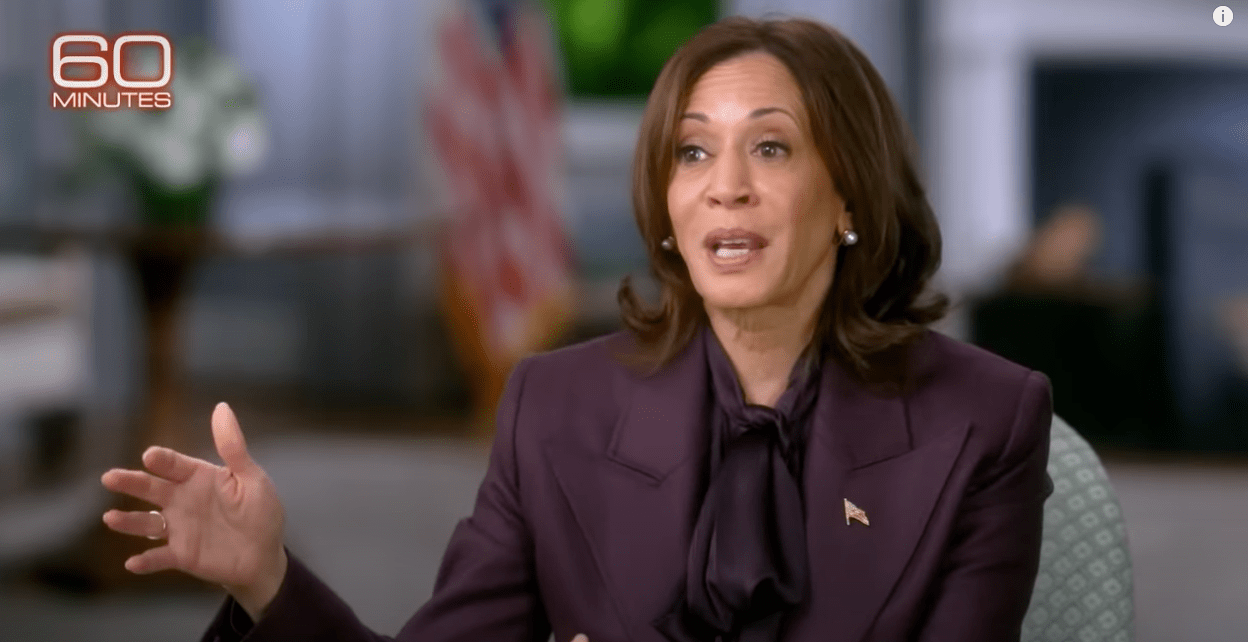RCFP: FCC must drop CBS ‘news distortion’ inquiry

The Reporters Committee for Freedom of the Press is urging the Federal Communications Commission to drop its inquiry into whether CBS News deceptively edited an interview with former Vice President Kamala Harris before the 2024 election, emphasizing the danger that it could pose to a free press.
Last October, CBS aired certain portions of an interview with Harris in a promotional clip on “Face the Nation” and then other portions in the ultimate broadcast the next day on “60 Minutes.”
Donald Trump sued CBS, alleging that the news broadcaster had “doctored” the interview to benefit Harris, who at the time was running for president against Trump. The FCC also received a complaint claiming that CBS violated the agency’s “news distortion” rule, which gives the FCC narrow authority to investigate complaints about accuracy or bias in news reporting.
While CBS has argued that its edits were fair and consistent with traditional news editing practices, the FCC launched a formal inquiry into the complaint and opened a public comment period.
In comments submitted to the FCC on Friday, the Reporters Committee expressed serious concerns about the agency’s inquiry.
“To preserve the free press, a news distortion complaint must meet a high evidentiary bar before any enforcement action — which would include this request for public comment — is warranted or wise,” the Reporters Committee argues. “There is zero evidence of distortion here, let alone substantial extrinsic evidence of deliberate distortion.”
The Reporters Committee states that the editing targeted in the complaint is “an entirely routine and unexceptional news reporting technique,” not evidence of deliberate distortion. All CBS did, the Reporters Committee writes, was use different portions of answers to the same interview questions in two different clips, something news outlets do all the time.
The Reporters Committee notes that it’s especially concerning that the FCC advanced the matter to public comment, given the complaint’s lack of evidence of deliberate distortion.
“Interference by any regulatory body into the editorial judgments of journalists and news organizations threatens to both suppress news in the public interest and to interfere with the flow of information that the electorate needs to oversee the government,” the Reporters Committee argues.
In its comments, the Reporters Committee highlights U.S. Supreme Court decisions repeatedly confirming the FCC’s exceedingly narrow authority to regulate the licenses of news broadcasters, citing First Amendment concerns.
“Were the Commission to expand the news distortion policy to function as a ‘national arbiter of truth,’” the Reporters Committee argues, “it would carry acute risk that the government and complainants could use enforcement actions to harry licensees to suppress news perceived as unfavorable or to prompt more favorable coverage.”